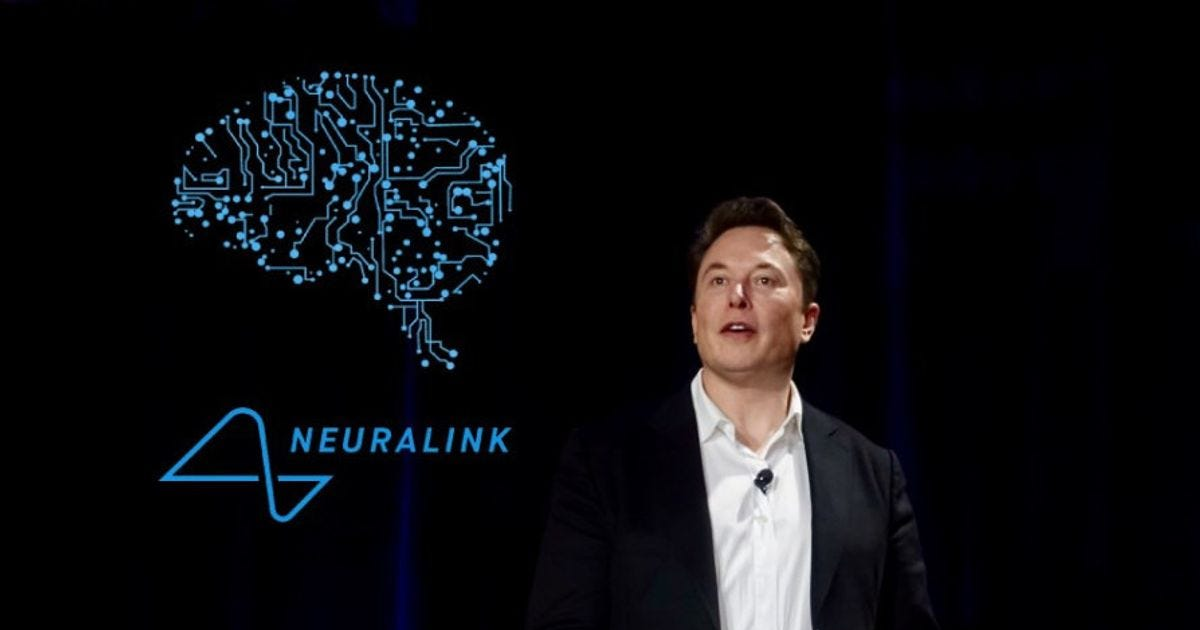Elon Musk’s brain-implant company, Neuralink, announced on Thursday evening that it has obtained regulatory approval to conduct its inaugural clinical trial of a groundbreaking experimental device in humans. This milestone approval from the U.S. Food and Drug Administration (FDA) signifies a significant achievement for Neuralink, which has been at the forefront of developing a brain-implant device capable of decoding brain activity and connecting it to computers.
Previously, Neuralink had exclusively conducted research involving animals, making this approval a crucial step forward in their technological advancement. The company took to Twitter to share their excitement, stating, “We are excited to share that we have received the FDA’s approval to launch our first-in-human clinical study!” Elon Musk, the visionary behind Neuralink, retweeted the announcement, expressing his congratulations to the team.
While Neuralink has yet to comment further on this development, the FDA acknowledged the approval, emphasizing that Neuralink’s investigational device exemption for its implant/R1 robot had been granted. This allows Neuralink to commence human clinical trials for its pioneering device. The FDA typically does not confirm approvals for human clinical trials but offered a statement validating Neuralink’s announcement.
This achievement highlights Musk’s dedication to pushing the boundaries of innovation and technology. Neuralink, founded in 2016 and based in Fremont, California, has attracted significant attention and investment, raising over $363 million and employing a workforce of more than 400 individuals.
The potential applications of Neuralink’s brain chip technology are vast, ranging from restoring function to individuals with paralysis and debilitating conditions like amyotrophic lateral sclerosis (ALS) to enhancing human capabilities beyond their natural limitations. While other companies have implanted brain-computer interfaces for clinical trials, Neuralink aims to develop a more invasive, high-bandwidth approach, utilizing a computer chip with electrodes directly implanted into the brain.
Despite the excitement surrounding this achievement, Neuralink and other companies in the field face rigorous scrutiny from regulatory bodies. Ensuring the safety, reliability, and ethical implications of brain-computer interface technology will be paramount throughout the clinical trial process.
As for when the clinical trials will commence, specific dates remain uncertain. Neuralink’s patient registry currently indicates that only individuals with certain conditions, such as paralysis, blindness, deafness, or speech impairments, are eligible to participate.
Elon Musk’s ventures continue to captivate the world, from electric cars and rockets to generative artificial intelligence and brain-computer interfaces. As he devotes his attention to various companies simultaneously, his ambition to revolutionize technology remains a constant driving force.



![[CITYPNG.COM]White Google Play PlayStore Logo – 1500×1500](https://startupnews.fyi/wp-content/uploads/2025/08/CITYPNG.COMWhite-Google-Play-PlayStore-Logo-1500x1500-1-630x630.png)